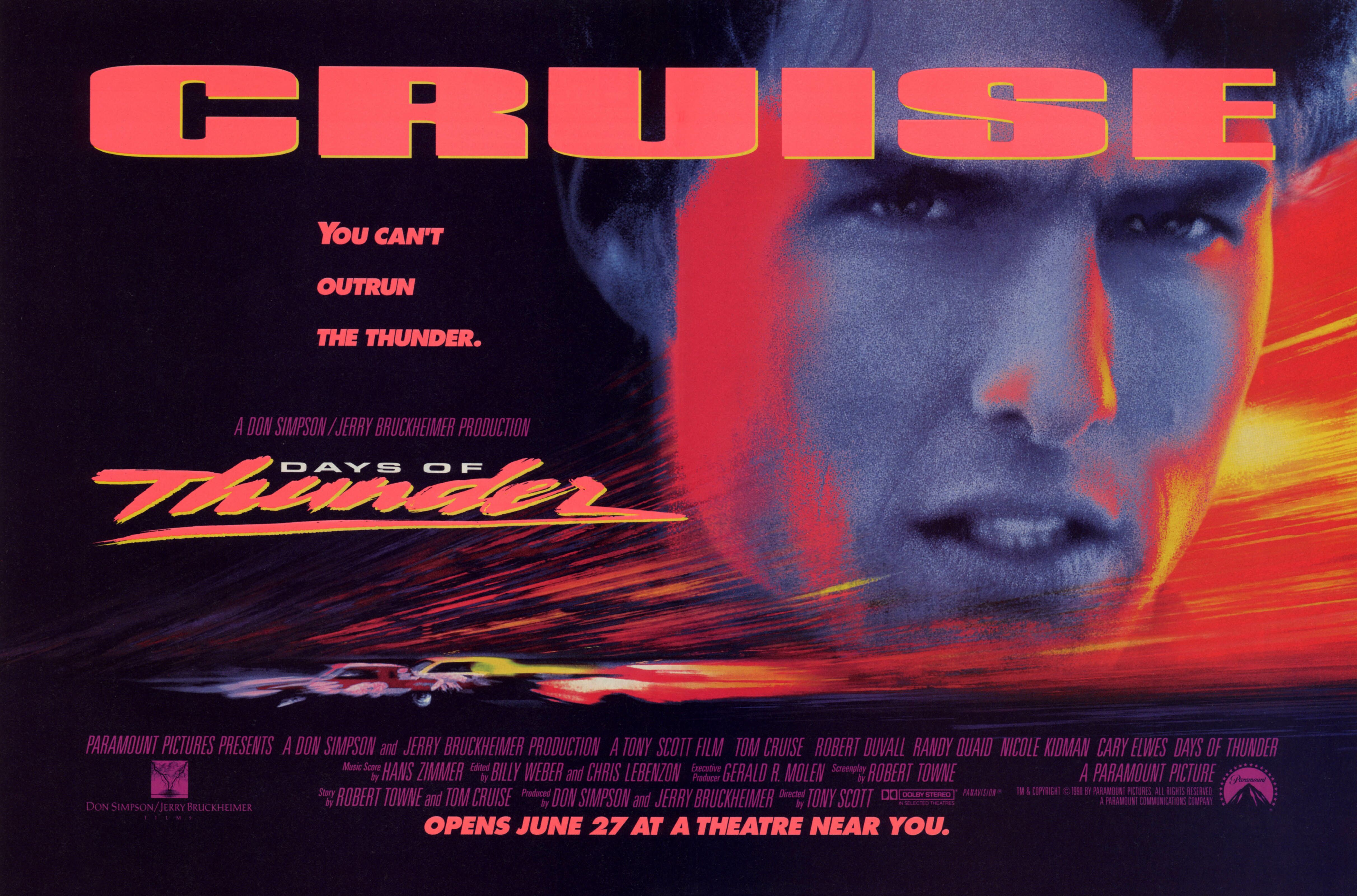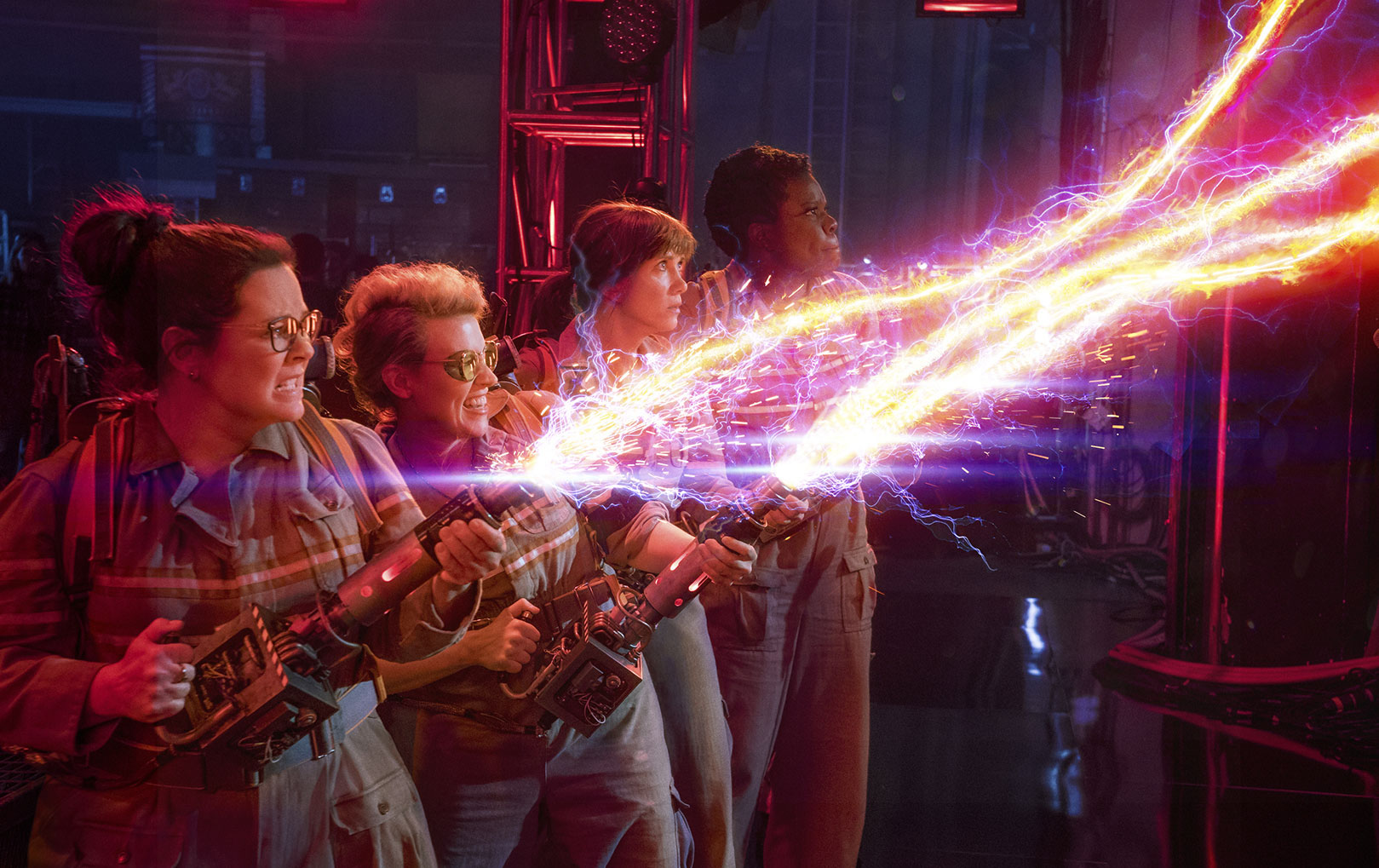A Practical Solution to Hollywood’s Reboot Problem
The Ghostbusters reboot drops into theaters this week. The film has courted some strange controversy since the new cast was announced in early 2015. The main reason? The four male principles of the original have been replaced by females in the reboot.
This seems like an insane point of controversy. Why? Because if you want a Ghostbusters movie with four male leads, there’s a very easy way to get one: Watch the original. It only makes practical sense to have a reboot that does something different.
That controversy probably actually speaks to a bigger problem with reboots…
Studios keep trying to reboot beloved movies. Why?
When you reboot your computer, it’s typically to make a fix or add new software. Movie reboots should do the same thing—fix something broken or add something new. Why reboot a system that’s running fine as-is?
If Ghostbusters is already considered a perfect movie with a huge fan base that doesn’t want to see it changed, then what’s the point of the reboot? Why mess with success to give people what will inevitably be called a lesser version of the original?
The answer of course is $$$$$
In the past decade, Hollywood has increasingly taken the lazy route to financial success (with mixed and fading results) by moving away from original ideas and focusing on familiar brands.
By repurposing things people are already familiar with (often referred to by the terrible jargon term “existing IP”) studios don’t have to do as much work to sell the concept, characters, etc., to people.
Put in simplistic terms, the selling strategy seems to be: Hey, you already like this! Come like it again!
But this formula has encountered one major snag…
People are almost always disappointed with reboot results (save for rare exclusions like The Force Awakens which walks the line between reboot and sequel). Total Recall. Conan the Barbarian. Nightmare on Elm Street. These are just a few of the movies that have been rebooted in recent years to disappointing results.
Even if these reboots were good (which they’re not), how could they win? People love the originals and hold them on a pedestal.
On the other side, the studios aren’t going to stop making reboots as long as the potential for cash is there. The reboot bandwagon won’t be empty anytime soon. We probably all need to accept that reality at this point. So, then, what is the solution to Hollywood’s reboot problem?

Studios need to change their reboot strategy
Rather than rebooting movies that were popular and great that people love, why not reboot movies that were popular but not so great that people know? Instead of rebooting movies that got it right, reboot movies that had potential but failed to live up to it.
Here are ten examples:
- Days of Thunder
- Harry and the Hendersons
- Explorers
- The Monster Squad
- Short Circuit
- Hellraiser
- Honey, I Shrunk the Kids
- The Burbs
- Backdraft
- The Lawnmower Man
These are all movies…
- Made between 1985-1995 that have strong brand recognition among Millennials and GenXers
- With relatively bankable, flexible and updatable concepts at their core
- That have room for improvement (people may know them or remember them fondly but not a whole lot of people “love” them)
The key is to pinpoint the shortcomings and lost opportunities of the first version and improve upon them. In movies, marketing and life, trying to mimic success using a paint-by-numbers approach rarely works. You have to bring something new and meaningful to the table. Otherwise, what’s the point?








